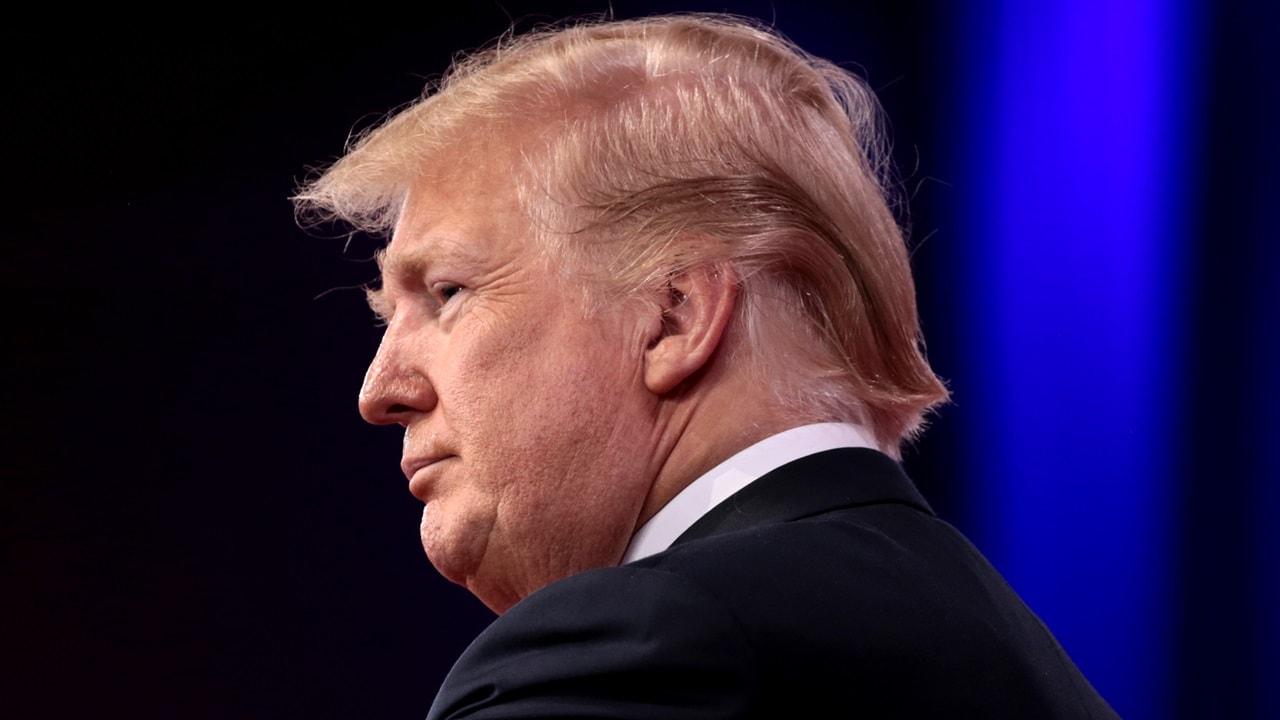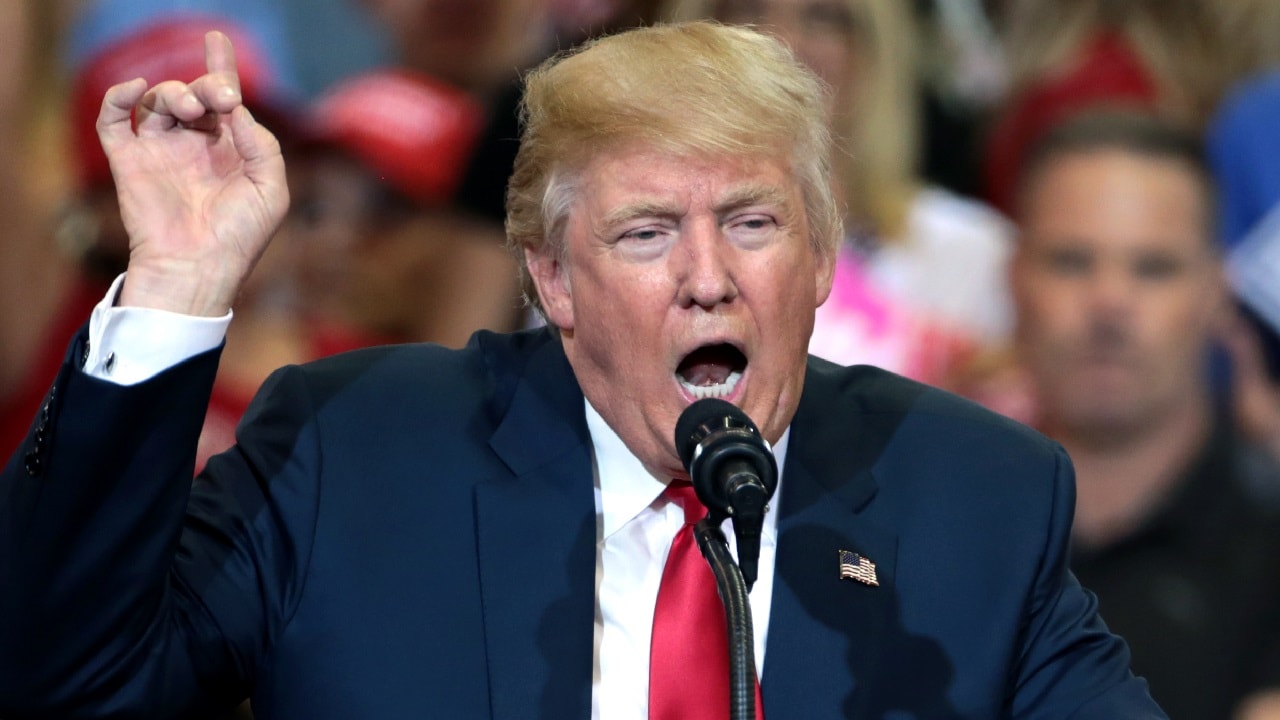Donald Trump’s tariffs, which have been threatened, imposed, and pulled multiple times in the last several weeks, have primarily been directed at the nation’s three most significant trading partners, which are Canada, Mexico, and China. However, his steel and aluminum tariffs apply to imports from all countries.
According to the website of the U.S. Trade Representative, in 2022 the top five purchasers of U.S. goods were Canada ($356.5 billion), Mexico ($324.3 billion), China ($150.4 billion), Japan ($80.2 billion), and the United Kingdom ($76.2 billion).
The top five suppliers, meanwhile, were China ($536.3 billion), Mexico ($454.8 billion), Canada ($436.6 billion), Japan ($148.1 billion), and Germany ($146.6 billion).
The first tariffs of Trump’s second term have been mostly focused on those three largest trade partners.
But could they go beyond that?
The Trump Tariff War: Targeting Wine and Spirits
On Thursday, the president took to Truth Social to threaten tariffs against the European Union, which he denounced as “one of the most hostile and abusive taxing and tariffing authorities in the World.”
In response to what he called a “nasty 50% Tariff on Whisky,” Trump threatened a 200 percent tariff on “all WINES, CHAMPAGNES, & ALCOHOLIC PRODUCTS COMING OUT OF FRANCE AND OTHER E.U. REPRESENTED COUNTRIES.”
It’s quite possibly the biggest American culture war moment for French wines since the run-up to the Iraq war, when some supporters of President George W. Bush, including one Michigan restaurant owner, made a show of flushing French wine, in retaliation for France’s refusal to join the coalition for the Iraq War.
Some mocked Trump for stating that the tariff move would be “great for the Wine and Champagne businesses in the U.S.” by noting that champagne, by definition, comes from France, and there is, therefore no American champagne industry.
Trump famously does not drink — and he also did not spell the word “whiskey” properly — although his family does own a winery in Virginia, which is run by his son Eric.
France’s European Affairs Minister, Benjamin Haddad, said Wednesday that the EU can “go further” in response to the U.S. tariffs, per Reuters.
“If it came to a situation where we had to go further, digital services or intellectual property could be included,” Haddad said in an interview with TF1 TV, as cited by Reuters.
Who Else Could Get Tariffs?
While the most prominent and significant tariffs, or threats thereof, have been directed at Canada, Mexico, China, and now the EU, other countries are affected, mainly under the across-the-board levies on steel and aluminum, which went into effect on Wednesday.
According to a CNN analysis, which cited the US International Trade Administration, the steel imports come 23 percent from Canada, 16 percent from Brazil, 12 percent from Mexico and 10 percent from South Korea.
The Washington Post reported Thursday that while those steel and aluminum tariffs were across the board, such allied countries as South Korea, Japan, and Australia are hoping for exemptions, after all three nations received such carve-outs during Trump’s first term. However, such exemptions have not yet come to pass.
The Prime Minister of Australia, Anthony Albanese, declared the tariffs “not a friendly act,” from a government that has traditionally been allied with his.
The U.S. and South Korea have had a free trade agreement since 2012, although the U.S. now has a trade deficit of $66 billion with that country, as of 2024, the Post said.
What About the U.K.?
The United Kingdom, meanwhile, is prepared to take Trump’s metal tariffs “on the chin,” according to a report by Politico’s European arm this week. The government of the U.K. is planning to hold off on any retaliation. Prime Minister Keir Starmer did “raise the issue” with Trump in a call between the two leaders earlier this week.

President of the United States Donald Trump speaking at the 2018 Conservative Political Action Conference (CPAC) in National Harbor, Maryland.
Britain, following Brexit, is now outside of the European Union.
About the Author: Stephen Silver
Stephen Silver is an award-winning journalist, essayist and film critic, and contributor to the Philadelphia Inquirer, the Jewish Telegraphic Agency, Broad Street Review and Splice Today. The co-founder of the Philadelphia Film Critics Circle, Stephen lives in suburban Philadelphia with his wife and two sons. For over a decade, Stephen has authored thousands of articles that focus on politics, technology, and the economy. Follow him on X (formerly Twitter) at @StephenSilver, and subscribe to his Substack newsletter

